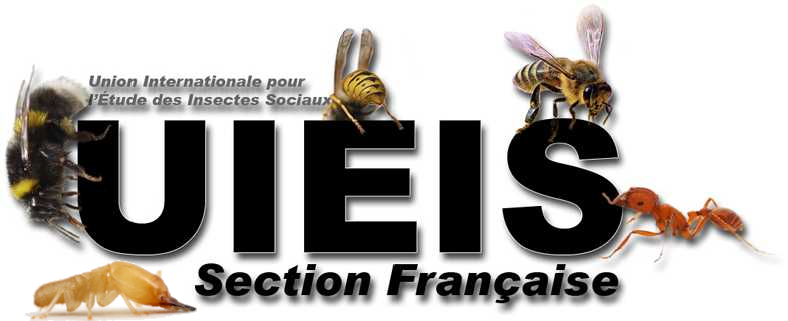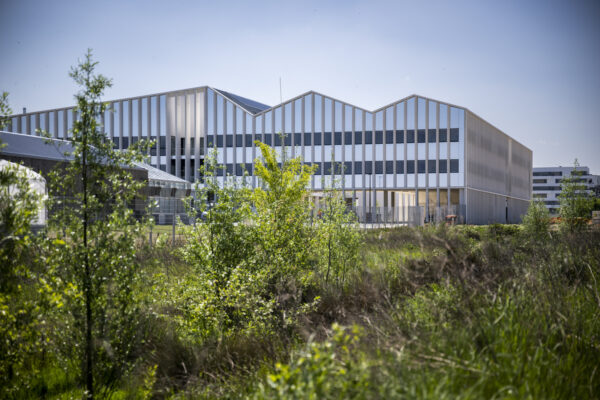L’actualité fourmis – Octobre 2025
Bonjour, L’actualité fourmis recueillie par Alain Lenoir est très riche. Voici les nouveautés pour la première quinzaine d’octobre sur son site : https://www.dictionnaire-amoureux-des-fourmis.fr/Nouveautes/2025/Octobre-2025.html Alain Lenoir

